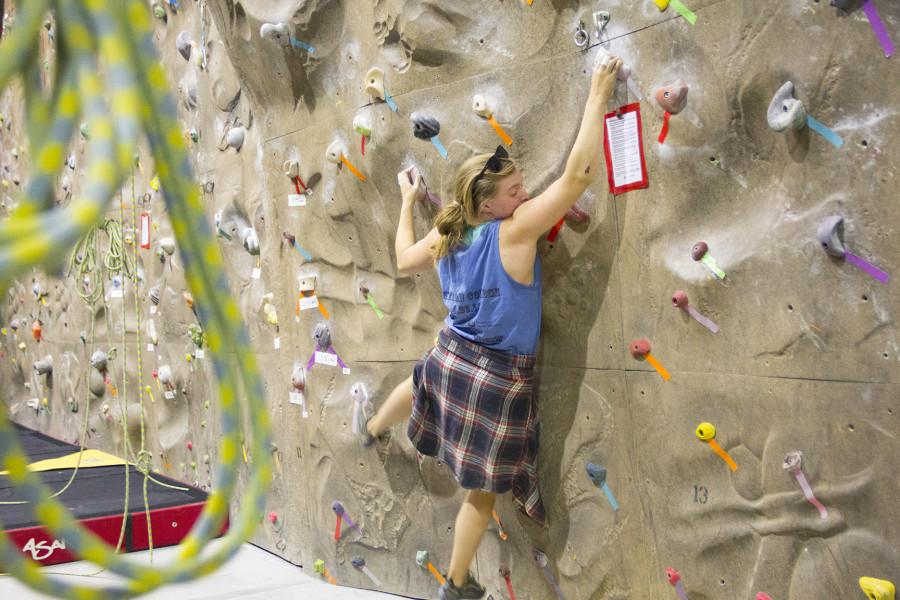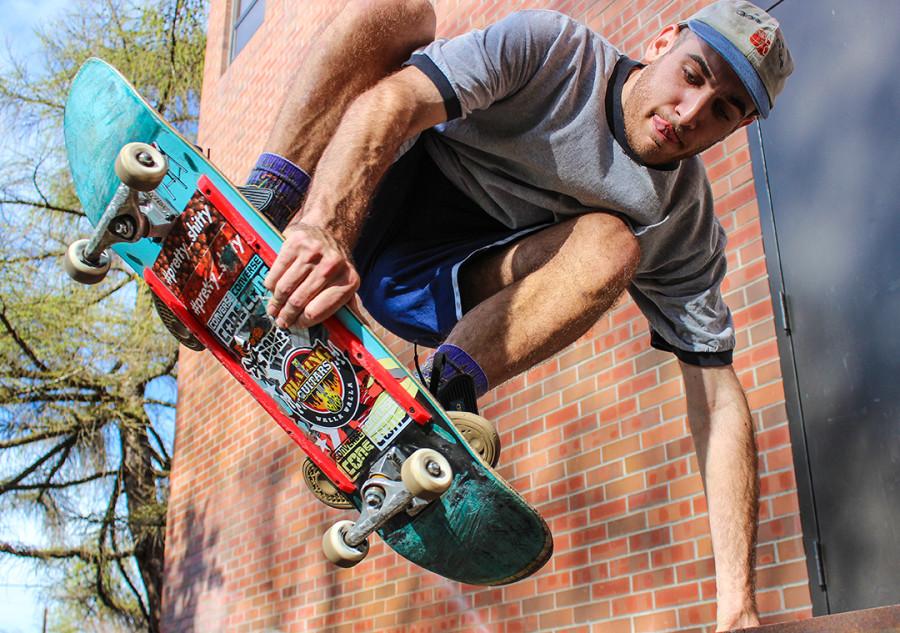
The moment that President Bridges announced his imminent resignation in February, wheels were set in motion to find his successor. The search will be nationwide and exhaustive, and it will require hard work, expertise and months of dedicated service from those chosen to serve on the presidential search committee.
This committee includes representatives from the Board of Trustees, the Board of Overseers, the faculty, the staff and the student body. At its helm are co-chairs Nancy Serrurier and Janice Abraham, longtime trustees and members of the Whitman community.
According to Serrurier, the search committee was selected by Chair of the Board of Trustees Peter van Oppen after polling the other trustees for their input. Trustees will work with the committee and an outside consultant to find the best candidates to be the next president of Whitman College, then the committee will review applications, conduct interviews and ultimately make a recommendation to the Board of Trustees.
According to Whitman’s constitution, the Board of Trustees ultimately has the responsibility of appointing the college’s president.
Aside from its trustee members, the rest of the committee is comprised of those within the Whitman community, specifically faculty and staff members, led by Chair of the Faculty David Schmitz. There are also two members of the committee who have an even closer relationship to the student body: the student representatives.
Sophomores Gladys Gitau and Jack Percival were recommended by their peers and the Dean of Students Office to the Board of Trustees. Percival is the Vice President of ASWC, and Gitau was chosen because she has also embraced a number of leadership roles on campus and consistently made the effort to be involved on campus.
“This is not a representative board in the [same] sense that a faculty representative is not necessarily just going to advocate for faculty views. We’re all on the committee to choose the candidate that’s best for Whitman,” said Percival on his role in the search. “While Gladys and I can speak to the student perspective on a lot of things … we’re not necessarily there to advocate for a particular point of view––we’re there to function as full members of the committee.”
There will be forums for other faculty, staff and students to express their views on what they want to see in the next president. The committee also plans to send out surveys during the search process.
Percival and Serrurier both stressed how important this feedback is to forming the outline of characteristics that the committee will use to find candidates over the summer.
According to Gitau, President Bridges has always made himself an approachable and personable administrative figure that the Whitman community can connect with. He will also leave the college’s endowment larger that it has ever been in the history of Whitman, thanks in part to his Now is the Time campaign. But with this improvement in place, Gitau hopes for a different focus in the future.
“Because he was working very heavily on the financial campaign, he was away a lot … and that’s going to be one of the responsibilities of the president. But one of the things I would like is to have a president who is more present on campus, who is around more, maybe to deal with these issues going on like the rally last semester, things that are important to students, things that make them feel safe and included, like issues of diversity,” said Gitau.
Percival hopes the next president will be able to devote more attention to other concerns in addition to fundraising.
“I would like to see a president who is more inwardly focused, strengthening Whitman’s curriculum and community and [student involvement] while simultaneously still enhancing Whitman’s national reputation,” said Percival.
Abraham suggested that a college president has to be a great listener who can craft a collaborative vision for the future of the college from the various voices he or she hears on a daily basis, while still maintaining strong leadership.
“I’m looking for someone who is as passionate about the college as all of us are. They have to be intellectually curious about Whitman, about how we tick and where we want to go,” said Abraham.
Serrurier is interested in finding someone who can move forward with the liberal arts model of education in the 21st century.
“I want to make sure this person can be a leader who will make this the best liberal arts college that it can be,” she said.
Another key step in the search process is bringing in external expertise in the form of hired search consultants. According to Serrurier, the consultants play an essential role in the search process because they are experts who specialize in filling top leadership positions in education. The consultants lend a degree of objectivity to the search and also contribute their familiarity with the wider job market.
“They learn from us, what we’re looking for in the next president, and they make matches with people who are out there, who may not know that Whitman College even exists. But [the search consultants] know that … this person has these experiences, this kind of background, these kinds of beliefs, interests, philosophies and skills, and they would really like a place like Whitman,” said Serrurier.
The consultants contact candidates and introduce them to the committee for the interview process.
According to Serrurier, many of the potential candidates currently hold other positions at other educational institutions. For this and other reasons, the search itself will remain confidential and closed to anyone outside the committee.
All committee members noted, however, that it is not only their voices that determine who the next president of Whitman should or should not be. Percival emphasized that it benefits members of the Whitman community to speak up, fill out surveys, contact committee members with feedback and generally take an interest in the search.
“It’s one of the biggest decisions that we as students have input on in our time at Whitman, and it will shape the long-term future of the college,” he said.















